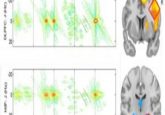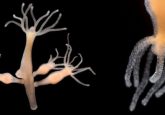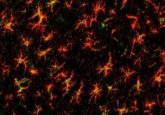Cannabis Cuts Seizure Risk
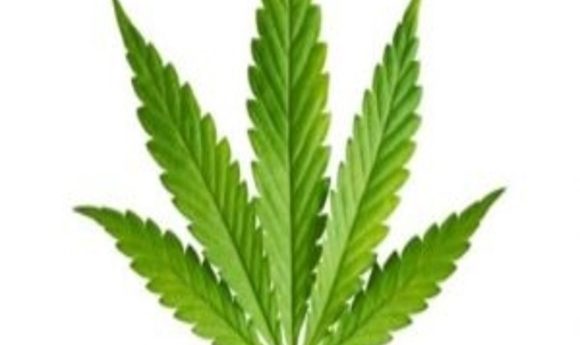
A compound in marijuana has striking effects on seizures. Read more…
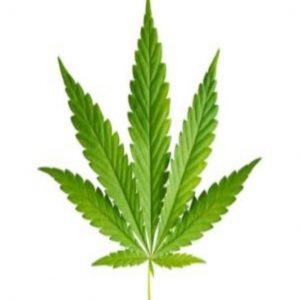
In 2015 Addyson Benton, a 4-year-old girl from Ohio, made national headlines when she and her family moved to Colorado to gain access to legal medical marijuana. Benton, who had been diagnosed with intractable myoclonic epilepsy, was having more than a thousand small seizures a day when her parents saw a documentary on marijuana that prompted them to consider the therapy. Soon, the family inhabited a rental home far from their native Ohio, and Addyson’s parents began applying a marijuana patch to her skin every day. The frequency of her seizures plummeted.
When it comes to marijuana, the social and political drift towards legitimization has moved somewhat faster than the science. With the nascent legalization of medical, and even recreational, cannabis in several states, more researchers are turning their attention to the medical potential of pot. One of the applications for marijuana is epilepsy treatment, which remains a frontier with significant unmet need (1), since nearly 30% of epilepsy patients experience little to no relief from standard drug therapies. Now, a new study supports the medicalization of marijuana by providing evidence that a compound found in the plant has a pronounced effect on the number and severity of epileptic seizures (2).
Cannabidiol (CBD) is a non-psychoactive chemical compound in marijuana that was first isolated in 1940. Recent studies using animal models and observations in human patients have indicated that CBD has anti-inflammatory, antioxidant, and neuroprotective effects. However, because CBD’s mechanism of action remains poorly understood, Raquel Arujo Do Val-Da Silva, a researcher at the University of Sao Paolo, Brazil, decided to investigate the effect of CBD in an epileptic rat model.
Val-Da Silva and his team anaesthetized rats and inserted a small stainless steel needle into the left dorsal hippocampus, along with two recording electrodes nearby. They induced seizures by microinjecting the drug pilocarpine and alleviated them with sodium thiopental. One group of rats received CBD during the seizure; a second received pretreatment with CBD; and the control group received a placebo. The researchers measured seizure severity and employed gas chromatography to ensure that an active level of CBD was present in the blood of rats in the two non-control groups.
Val-Da Silva observed fewer seizure episodes following pilocarpine injection into the hippocampus of rats that were concurrently injected with CBD. CBD also appeared to reduce seizure severity. When the researchers injected CBD prior to inducing seizures, they found less neuronal degeneration and neuron loss in the ipsilateral and contralateral hippocampus after the seizure was over.
Marijuana research may have a long way to go before it becomes commonly used for treatment of epilepsy and other seizure disorders. But thanks to its legal status in states such as Colorado, it’s already available to patients in need. Addyson Benton continues to enjoy decreased seizures according the most recent reports. She even stars in commercials advocating the passage of laws legalizing medical cannabis.


